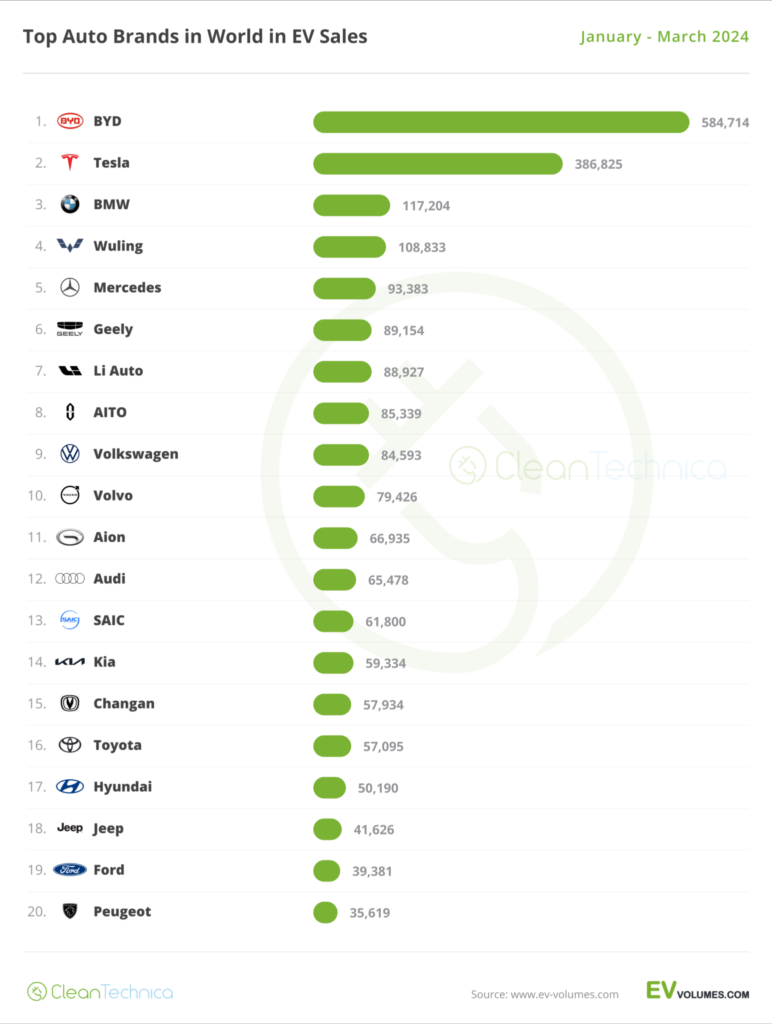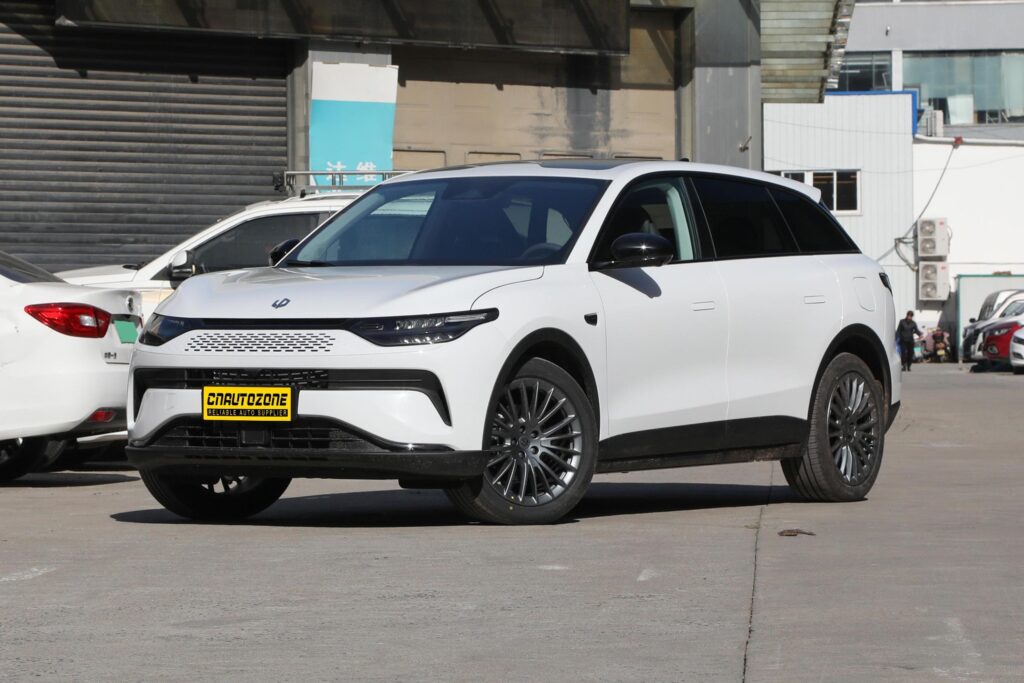The electric vehicle (EV) market in China has been a focal point of global automotive trends, reflecting not only the country’s commitment to sustainable transportation but also its rapidly evolving technology landscape. As of September 2024, the sales rankings of electric vehicles in China provide critical insights into consumer preferences, market dynamics, and the competitive landscape of the automotive industry. This blog post delves into the latest sales data, highlights key players, and explores the broader implications of these trends for the future of electric mobility in China.

Overview of the Chinese EV Market
China has long been recognized as the world’s largest market for electric vehicles, driven by government policies aimed at reducing carbon emissions, improving air quality, and fostering innovation in the automotive sector. The Chinese government has implemented a range of incentives, including subsidies for EV purchases, investments in charging infrastructure, and stringent emissions regulations, all of which have significantly boosted EV adoption.
As of September 2024, the Chinese electric vehicle market continues to thrive, with a diverse array of manufacturers competing for market share. The data for this month reveals a robust increase in sales compared to previous years, underscoring the growing consumer acceptance of electric vehicles.
September 2024 Sales Rankings
According to the latest sales figures, the following manufacturers dominated the electric vehicle market in China for September 2024:
- BYD Auto
BYD has emerged as a leader in the Chinese electric vehicle market, maintaining its position at the top of the sales rankings. In September 2024, BYD sold over 250,000 electric vehicles, showcasing its extensive lineup that includes sedans, SUVs, and buses. The brand’s commitment to innovation, particularly in battery technology and autonomous driving, has resonated well with consumers. - Tesla
Tesla continues to be a significant player in the Chinese EV market, securing the second position with approximately 150,000 units sold in September. The popularity of the Model 3 and Model Y has been instrumental in maintaining Tesla’s stronghold in China. The company’s ongoing efforts to localize production and enhance its supply chain efficiency have further solidified its market presence. - SAIC Motor Corporation
SAIC, through its MG and Roewe brands, has made impressive strides in the EV sector. With sales reaching around 100,000 units in September, the company has successfully tapped into the growing demand for affordable electric vehicles. Their focus on producing compact and practical models has attracted a broad customer base. - NIO
NIO has carved out a niche in the premium electric vehicle segment, selling approximately 60,000 units in September 2024. The brand’s emphasis on high-performance vehicles, innovative battery-swapping technology, and a strong community of users have contributed to its appeal among affluent consumers. - Xpeng Motors
Xpeng has shown remarkable growth, with sales of around 50,000 units in September. The company is known for its technology-driven approach, emphasizing smart features and connectivity in its vehicles. Xpeng’s commitment to research and development has positioned it well for future growth in the competitive EV landscape. - Geely
Geely, one of China’s largest automotive groups, has also made significant inroads into the electric vehicle market. With sales of approximately 40,000 units in September, the company is focusing on integrating electric technology across its various brands, aiming to capture a wider audience.
Key Trends Influencing Sales
Several trends are shaping the electric vehicle market in China as of September 2024:
1. Increased Consumer Awareness and Acceptance
The growing awareness of environmental issues and the benefits of electric vehicles has led to increased consumer acceptance. As more individuals recognize the long-term cost savings and environmental advantages of EVs, the demand continues to rise.
2. Technological Advancements
Rapid advancements in battery technology, including improvements in energy density and charging speed, have made electric vehicles more appealing. Consumers are increasingly attracted to models that offer longer ranges and faster charging options, which are now becoming standard features in many new EV models.
3. Government Policies and Incentives
The Chinese government remains committed to promoting electric mobility through various policies and incentives. Continued subsidies, tax benefits, and investments in charging infrastructure are essential factors driving sales. The recent announcement of additional incentives for domestic EV manufacturers has further stimulated competition in the market.
4. Diverse Product Offerings
The variety of electric vehicles available in China has expanded significantly, catering to different consumer preferences and price points. From budget-friendly models to luxury vehicles, the extensive range allows consumers to choose options that best meet their needs.
5. Focus on Sustainability
As sustainability becomes a priority for consumers, manufacturers are responding by emphasizing eco-friendly practices such as sustainable sourcing of materials, recycling initiatives, and carbon-neutral production processes. This shift not only appeals to environmentally conscious consumers but also aligns with global sustainability goals.
Conclusion
The electric vehicle sales rankings for September 2024 highlight the dynamic nature of the Chinese automotive market. With BYD leading the charge, followed by Tesla, SAIC, NIO, Xpeng, and Geely, the competition is fierce and continually evolving. As technological advancements, consumer preferences, and government policies shape the landscape, the future of electric mobility in China appears promising.
As we look forward to the coming months and years, it will be crucial for manufacturers to innovate and adapt to the changing market dynamics. The continued growth of the electric vehicle sector in China not only signifies a shift in transportation but also represents a broader commitment to sustainable development and environmental responsibility. The global automotive industry will undoubtedly be watching closely as China continues to lead the way in electric vehicle adoption and innovation. cnautozone car expert

